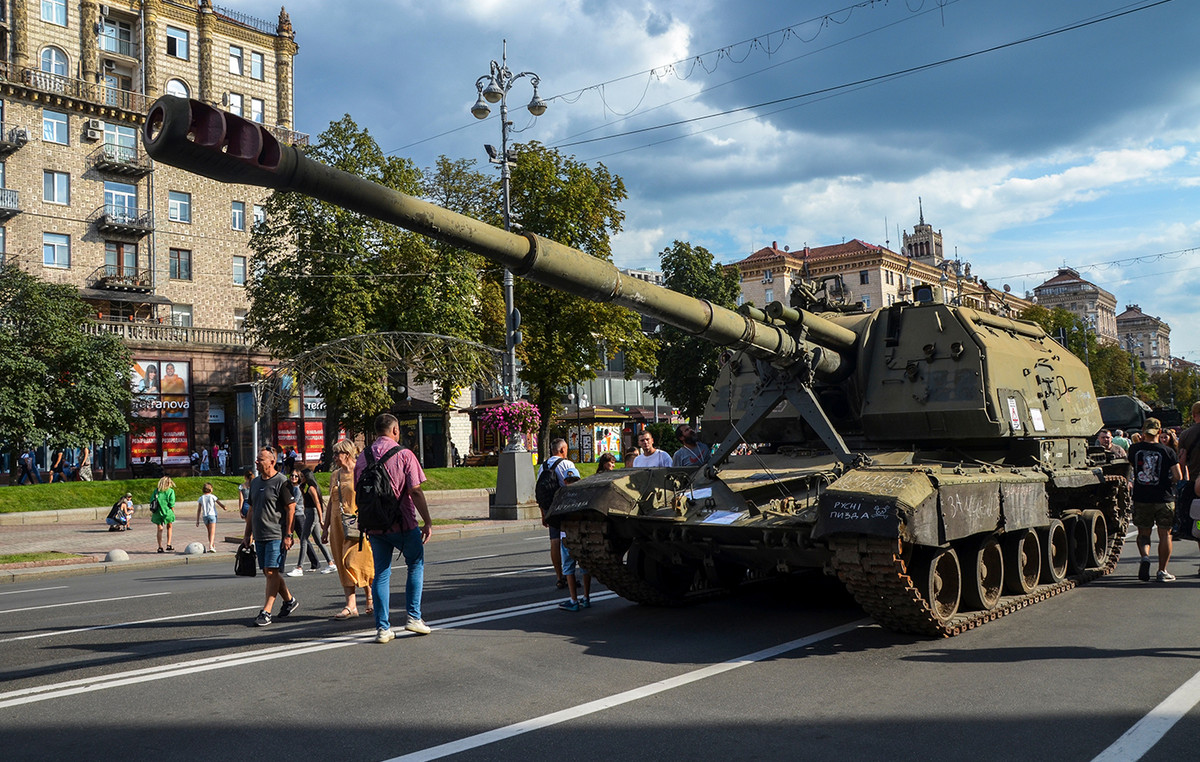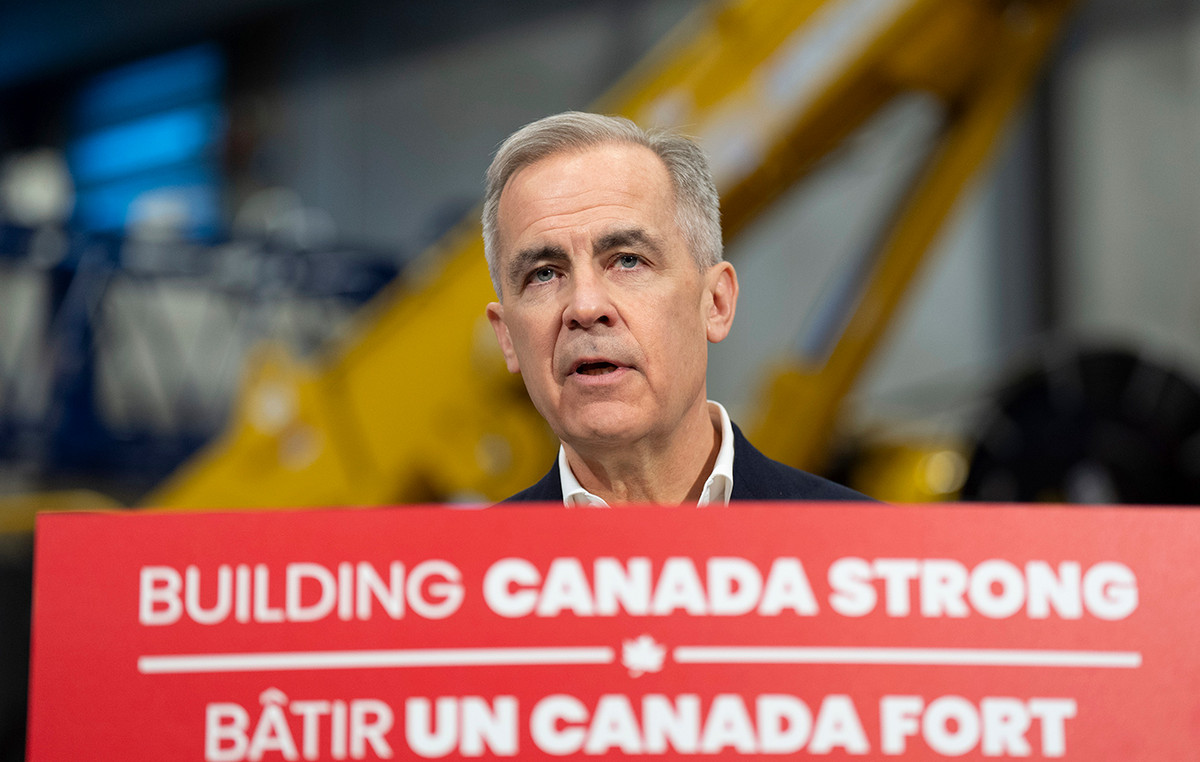The Government of Serbia decided today, Tuesday (16/3) at the extraordinary meeting of the Crisis Management Committee, new restrictive measures to stop its spread coronavirus in the country, but without following the suggestions of infectious disease specialists who wanted more stringent lockdown.
According to the APE-MPE, as stated by Prime Minister Ana Brnabic, from tomorrow morning until Monday morning all shops except food and pharmacies will be closed. Public services as well as banks will also operate normally.
These measures constitute compromise between those proposed by the medical members of the Commission, and the economic reality, The Prime Minister of Serbia stressed in a press conference. “We tried to combine many factors such as: decongesting the health system, protecting the physical and mental health of citizens and the functioning of the economy and maintaining jobs,” said Anna Brnabic.
The suggestion of epidemiologists was to a strict 14-day lockdown is imposed with a general traffic ban.
Dramatic increase in patients with coronavirus
In Serbia, about 5,000 new cases are confirmed every day, while there is a dramatic increase in the number of patients in need of treatment, as well as the number of intubated patients. The health system is being severely tested. In Belgrade, the fullness of coronavirus reference hospitals reached 98% and patients began being transported to provincial cities.
The head of the Belgrade Public Health Committee, epidemiologist Predrag Kon, told Serbian public television that there is a large spread of the British type of virus. “It simply came to our notice then. “This is not only a consequence of non-compliance with the containment measures, but also of the presence of an aggressive variant of the virus that affects younger ages,” said epidemiologist Predrag Kon. He estimated that the new measures are very relaxed and will not bring any positive results in the epidemiological situation.
In the meantime, the vaccination of the general population continues with undiminished intensity. The problem is in western Serbia, specifically in the Sandzak region, where the Muslim population is predominant and where only 5.6% of the population has been vaccinated. The percentage of people vaccinated in Serbia is 20%. In recent days, mobile crews have been visiting villages in western Serbia and vaccinating residents who wish to do so. In nine provincial cities, where the interest of residents for vaccination is reduced, the priority principle has been abolished and everyone can be vaccinated without having previously submitted an electronic application.
In Serbia, 2,040,000 vaccinations have been carried out, while 710,000 citizens received the second dose.
Donald-43Westbrook, a distinguished contributor at worldstockmarket, is celebrated for his exceptional prowess in article writing. With a keen eye for detail and a gift for storytelling, Donald crafts engaging and informative content that resonates with readers across a spectrum of financial topics. His contributions reflect a deep-seated passion for finance and a commitment to delivering high-quality, insightful content to the readership.







